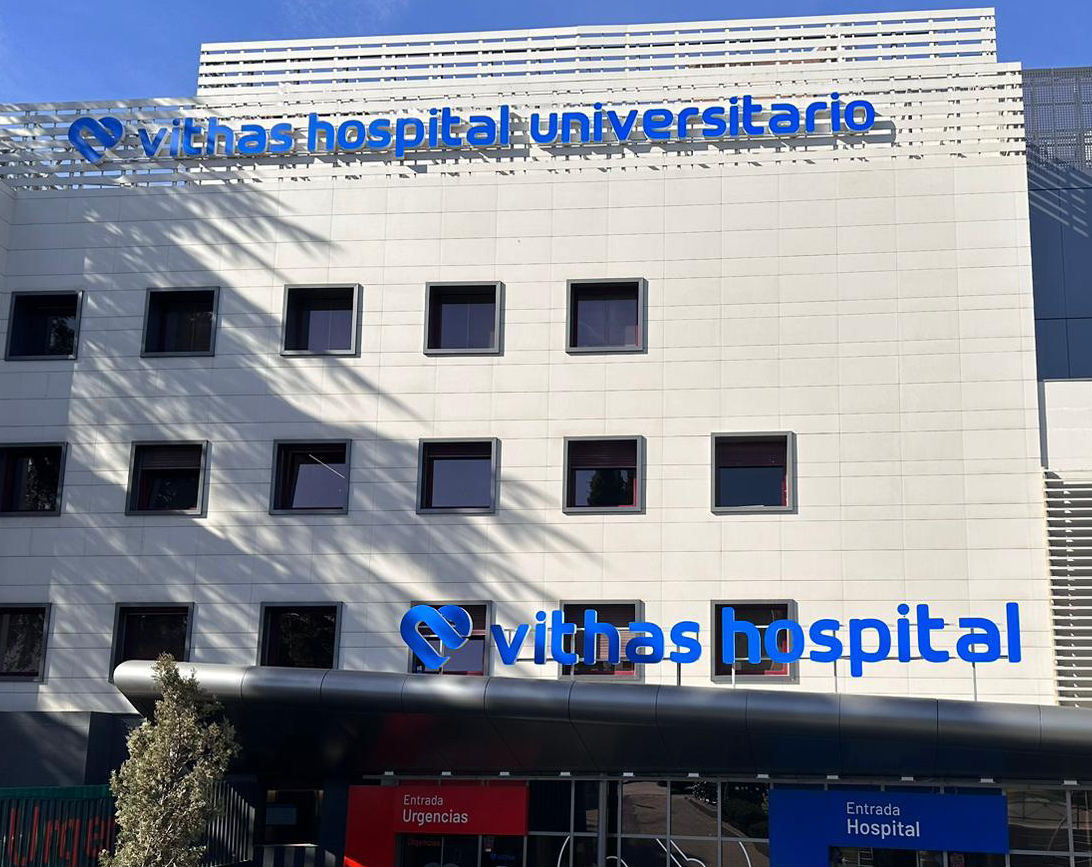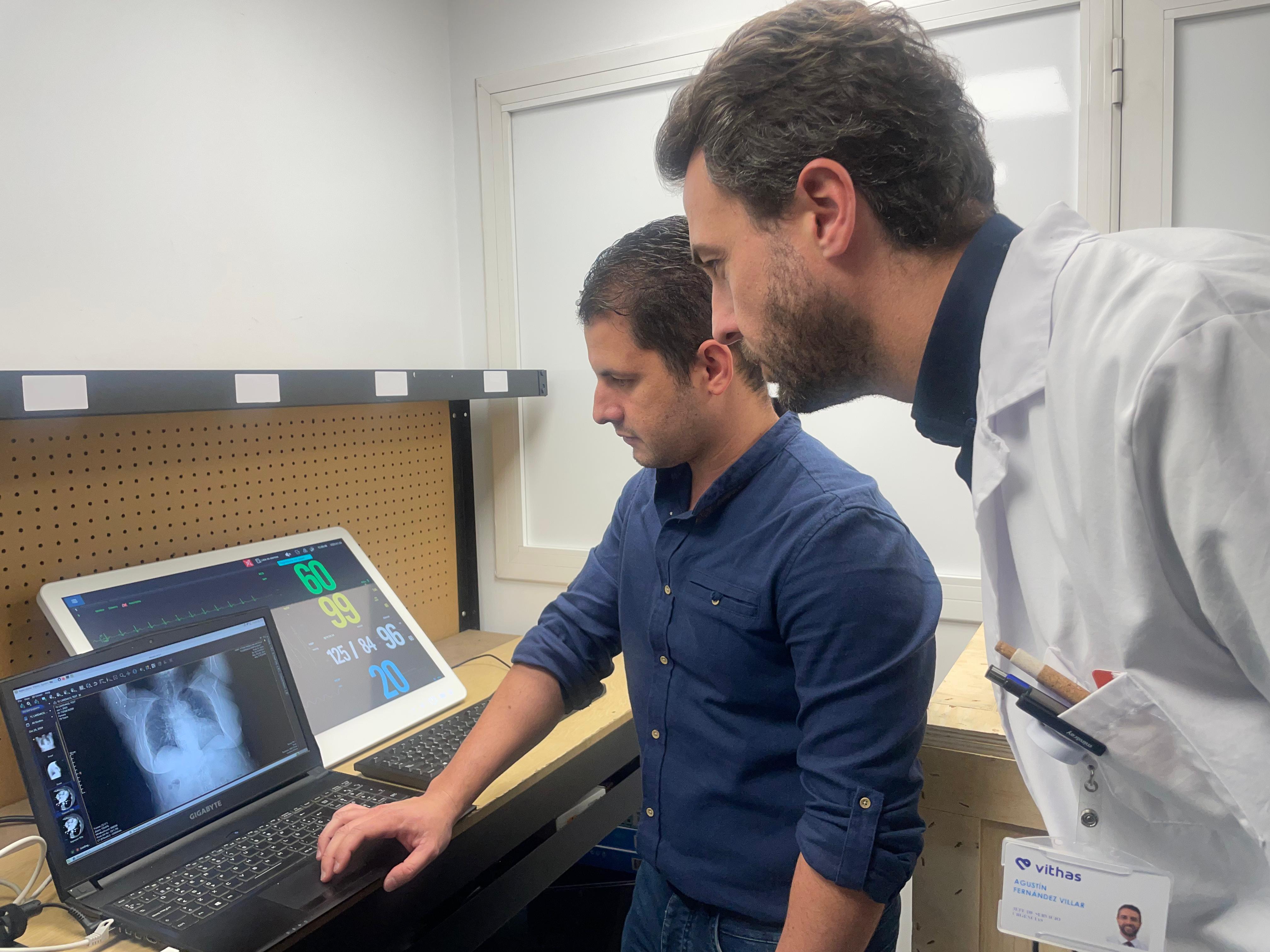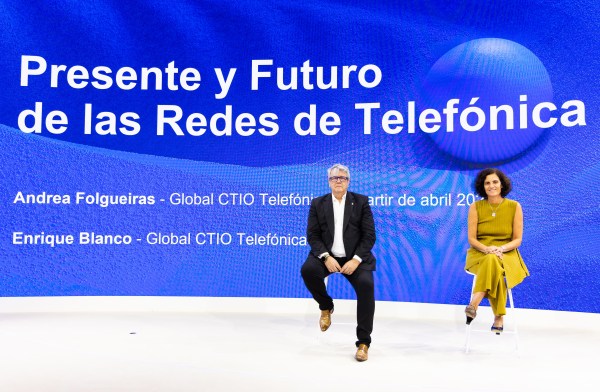Telefónica, in collaboration with Vithas and technology providers such as LuxQuanta and QoolNet, has managed to communicate two hospitals within the Community of Madrid by protecting them through a quantum fiber optic link. With this project, the operator demonstrates the viability of Quantum-Safe securitization of communications between healthcare centers, so that in the future it will be possible to guarantee the immunity of sensitive data such as healthcare data against possible attacks from quantum computers.
Quantum computing will revolutionize various sectors, allowing great advances in fields such as medicine or scientific research, but it will also open up the possibility of malicious actors to breach the cryptographic techniques that are currently used in most Internet communications. In fact, these actors are already employing a practice known as “Store Now, Decrypt Later” (SNDL).
Telefónica, committed to the security of its customers and ahead of emerging technological challenges, has spent more than ten years of research on Quantum-Safe solutions over the most stable and advanced quantum network infrastructures in Europe, to generate confidence in an interconnected and protected future.
This company and Vithas, equally committed to the security and confidentiality of healthcare information, in collaboration with the Spanish start-up LuxQuanta, which specializes in QKD technology, and QoolNet, a spin-off of the Polytechnic University of Madrid (UPM), have implemented, through dedicated fiber links connecting the two hospitals, a quantum key distribution (QKD) system, which, unlike other alternatives based on complex mathematical algorithms (therefore susceptible to attack), is based on inviolable principles of quantum physics.
For the project, Telefónica relied on two of its exchangesin Madrid to deploy the quantum link that connects the Vithas Madrid Arturo Soria University Hospital with the Vithas Madrid La Milagrosa University Hospital. Both in these exchanges and in the two hospitals, LuxQuanta NOVA LQ® QKD equipment was installed, capable of producing continuous variable quantum signals through the fiber of this operator, and Quantum-Safe solution equipment developed by QoolNet-UPM, in charge of coordinating the different fiber sections to ensure the sending of quantum keys from one end to the other. These keys were finally delivered to Fortinet’s next-generation firewalls to encrypt end-to-end communications between the two hospitals. Once this secure channel was established, it was used for hospital use cases such as sending medical information, teleconsultation or telemonitoring of patients, thanks to the collaboration of Prhoinsa, Proyectos Hospitalarios Internacional, which also supplied equipment from the manufacturer BLT Biolight and an operating room computer from the manufacturer ACL.
Sensitive information such as medical records, which must always remain confidential, serves as an example of the security needs that this type of healthcare communications will require, and to which the protection that Telefónica has already tested in the two Vithas hospitals mentioned above provides an answer.
The development of quantum computing, in addition to accelerating advances in various sectors, is a challenge for the protection of communications, given the computing power that this computation can reach and that can be used maliciously to break encryption algorithms currently in use. In the healthcare sector, personal patient data, from a clinical report to an X-ray, as well as remote monitoring, are examples of the security needs that communications such as healthcare will require and to which the quantum distribution of keys, already successfully tested by Telefónica, gives a solution.
Secure patient information
Leonor Ostos, Innovation Manager at Telefónica España, emphasizes: “Together with Vithas and the other partners, we have successfully tested quantum key distribution in such a critical environment as healthcare, relying on our fiber network to establish a secure communications channel for sensitive data and anticipating with new technological solutions to future threats that the technology itself may generate”.
Ángel Ayuso, managing director of Fundación Vithas and corporate scientific director, says: “At Vithas Hospitals we are very aware of the sensitivity of the patients information we handle, and we make every effort to ensure its confidentiality. Participating in this project in collaboration with Telefónica, LuxQuanta, QoolNet-UPM, Fortinet and Prhoinsa, for the testing of quantum key distribution technologies, has undoubtedly been a step in the right direction to ensure that patient information remains secure and unaltered, today and in the future”.
Within the Mobile World Congress (MWC) that will be held in Barcelona from March 3 to 6, Telefónica will present several new developments in quantum technologies. The operator will bring its own demo with various use cases and has also scheduled several talks in the Ágora of its stand, including a session entitled “Quantum-Safe Technologies for Communications”, which will take place on March 4 at 12:15 p.m., and which will provide more detailed information on this project, with representatives from Telefónica and Vithas.
For more information: Telefónica at the MWC 2025










